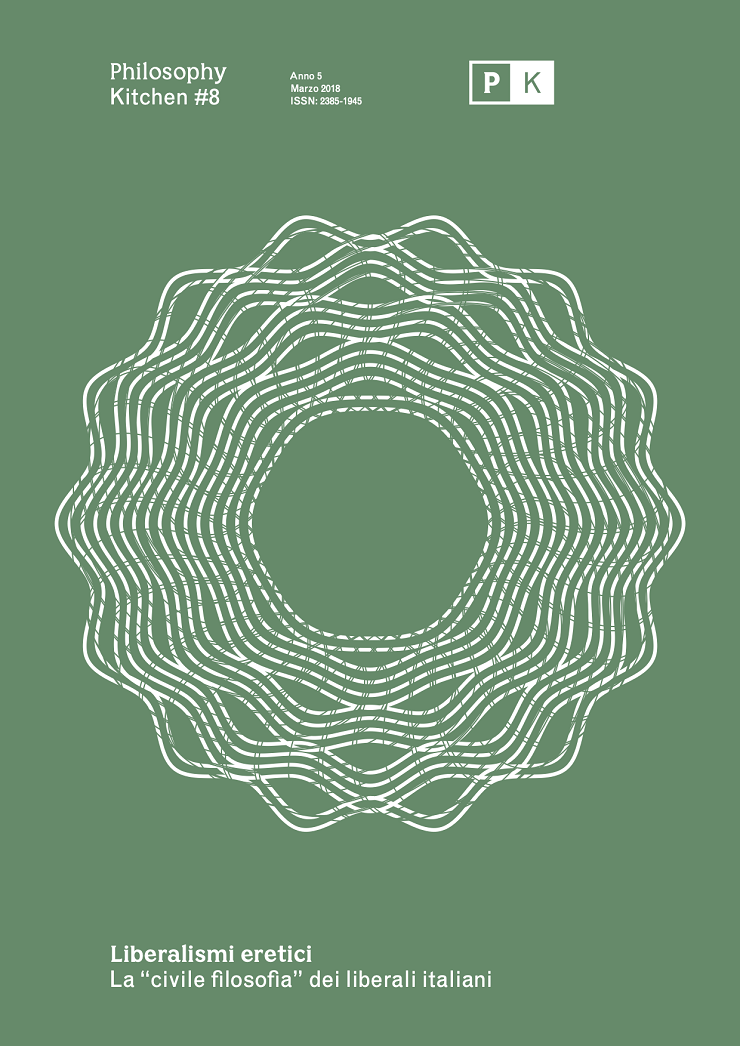I liberisti nella cultura politica italiana
DOI :
https://doi.org/10.13135/2385-1945/3942Résumé
The goal of the present essay is to analyse some of the most important works of Italian “liberisti” (Ferrara, Pantaleoni, Pareto, de Viti de Marco, Einaudi) in order to reconstruct their philosophical background and to clarify their theory of the State and its functions. In doing so, it aims to give an account of the failure of their political proposal, as well as of the negative opinion in which their work is usually held and the nature of the debate between “liberalismo” and “liberismo”. Traditionally, two waves are identified in the history of “liberismo” - the first one, called “ferrariana”, and the second one, called “marginalistic” - while their common feature is taken to be the public role of the researcher and the struggle for fiscal reform. A part of the essay is also devoted to highlighting the differences between the Walrasian and Jevonsian marginalism of the “liberisti” and the Austrian marginalism regarding social philosophy and the philosophy and methodology of the social sciences. We will then take into account Croce’s criticism of the economic philosophy of “liberismo”. Our thesis is that the widespread misunderstanding of their struggles for freedom is to be traced back 1) to their lack of acknowledgment of the flaws of Spencer’s utilitarian evolutionism, which lies at the basis of the hedonistic homo oeconomicus; 2) to the role attributed by their theory of the State to the science of public finance; 3) to their philosophical background rather than to the adoption of marginalism, which set the stage for the theory of general economic equilibrium.





